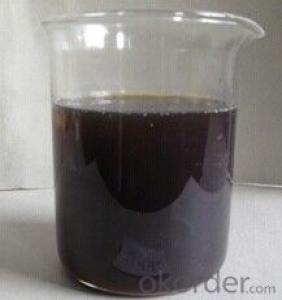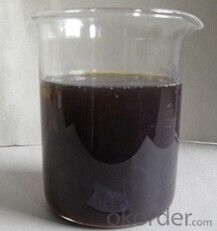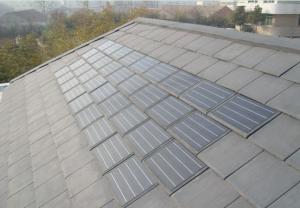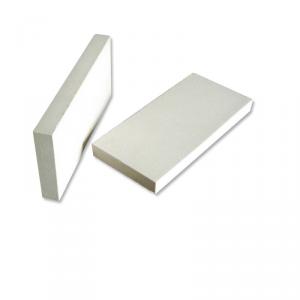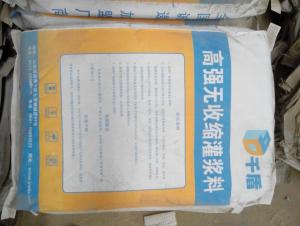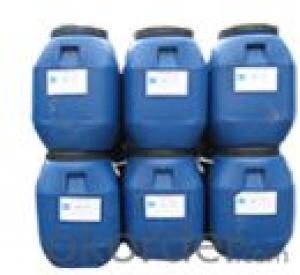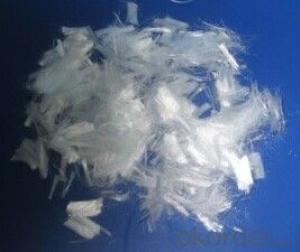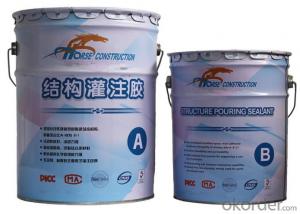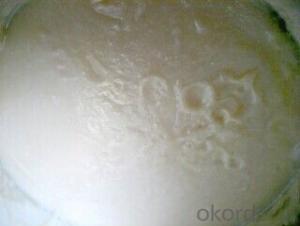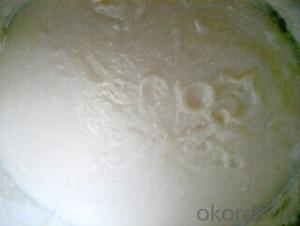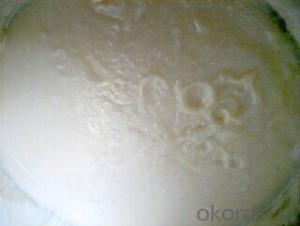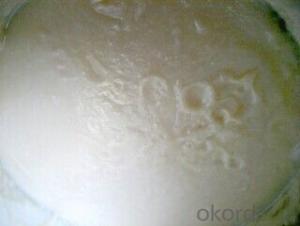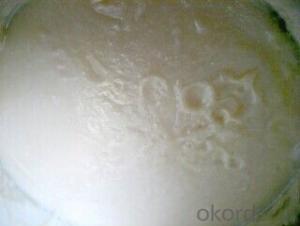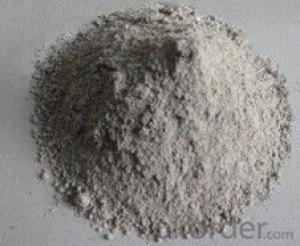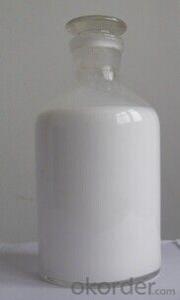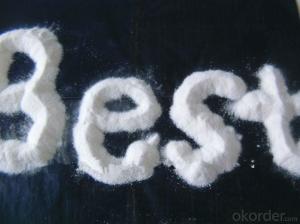Concrete Mould Release Agent(TL)
- Loading Port:
- China Main Port
- Payment Terms:
- TT OR LC
- Min Order Qty:
- -
- Supply Capability:
- -
OKorder Service Pledge
OKorder Financial Service
You Might Also Like
Mould Release Agent(TL)
Description
TL is a concrete mould release agent, applied to the inner face of shuttering, formwork and mould prior to the casting of concrete. It is wax-based, milk white color carrier which allows an easy release between the cast concrete and the formwork.
Advantages
Easy bond breaking.
Dries rapidly on forms resulting cleaner and safer working surfaces.
Inhibits rust formation on steel forms.
Provides uniform stain-free concrete surfaces.
Do not remove formwork in the raining day.
Dries fast and is not slippery.
Economical and easy to use.
Use directly and no need to be diluted with water.
Application
1. TL is supplied ready for use.
2. Form surfaces should be clean and dry before applying TL. Uniformly apply TL with brushing or soft, clean cloth with a thin coating on the form surface.
Caution
1. Cares must be taken to avoid applying THICK coatings to NEW hardwood or plywood forming, as this could cause damage to the surface finish.
2. TL must not be allowed to contact with any reinforcement as it stops the concrete from bonding to the steel.
3. TL causes a dust film to form where it touches the concrete surface. This film must be brushed away before any other work contacting the concrete surface is carried out.
4. Cares must be taken to avoid open fire.
Coverage
TL covers up to 20sqm per kg when brushing was applied
Package & Storage
TL is packed in 13.5 kg per iron barrel. Containers should be tightly closed and properly stored. Prevent accumulation of water, dirt or other residue on covers. The shelf life of TL is two years when stored in the sealed containers.
- Q: Bathroom wall brush flexible waterproof, stick wall bricks easy to fall off after it? Is not tiling cement to add 901
- Paste before, brush twice 108 glue, and other plastic into a transparent and then posted on the brick all right!
- Q: JS waterproof paint what is the composition of what the characteristics of the product, how the construction principle, and other waterproof material What is the difference? What are the advantages and disadvantages of the problem? Thank you heroes! More
- Polymeric waterproof coating abbreviation (JS waterproof coating) is a rigid and flexible Tongji two-component waterproof material, such materials environmental protection, and the base surface of a strong bond, fast drying, harmless color products. Home waterproof paint preferred beauty Paint, paint, paint, paint, paint, paint, paint, paint, paint, paint, paint, paint, paint, paint, paint, paint, paint, paint, paint, paint, paint, paint, paint, paint, paint, paint,
- Q: Hollow brick, solid brick, mortar how to express in the construction map
- 112 This project is a total of X type flat combination (X type), the building plane to the owners to provide the apartment layout and the combination of plans based on the design
- Q: 10 tons of dry powder mortar production line and supporting the need to invest how much money
- 10 tons of dry powder mortar production line, first of all to figure out the 10 tons, is one day production, or an hour of production if it is a day of production, it is only a small production line, you buy a set of cubic mixer is enough, the total investment is not To 3 million, because it does not need a lot of square, 100 square enough, this you see your local situation; simple analysis: 1 cubic once can be mixed 600-800KG, one day down, 8-10 tons is enough if Is a 10-hour hour, the production requirements on the higher, the most basic need to support: a bucket elevator, a 2 cubic biaxial mixer, a finished warehouse, two pneumatic packaging machine, a control system, a Air compressor, plant 300-600 square meters enough, equipment, about
- Q: Commercial concrete and dry mortar need to provide the other side of the information to the construction side
- First of all to provide commercial concrete and mortar mix design alone, followed by each time you need to use mixed station to provide concrete factory certificate, the scene to do slump and the same conditions test block. In accordance with the requirements of the construction unit to provide 28-day-scale standard compressive strength of the standard report, the qualified is the completion of this batch of concrete concrete work.
- Q: What waterproof material can be combined with cement mortar to play a waterproof effect?
- If the use of flexible waterproof coating to do the bottom, the flexible features of the tensile effect is also good waterproof, mortar waterproof waterproof surface to do, both play a waterproof and protection to serve two purposes
- Q: What are the general types of waterproof materials, the number of years of use?
- Waterproof material in general, sub-coating and coil two categories, but also points to rigid materials and flexible materials, the key depends on what you do
- Q: I am referring to the amount of dry mortar that is not stirred
- sticky benzene board with mortar per square meter with about 0
- Q: What is good for the waterproofing layer of the outer wall of the basement?
- masonry wall, the best, but pay attention to the wall to build the bottom of the structure of the bottom plate to prevent the foundation settlement caused by the protective wall and the relative sliding between the waterproof layer
- Q: What is called a filler base? Is the cement mortar base hard More
- Oh, hard grass is the structure of concrete components, filler material base refers to the soft material of the grassroots, such as furnace enamel who hired to respect the material of the insulation layer, cement mortar for different layers should be calculated separately, not Hard base
Send your message to us
Concrete Mould Release Agent(TL)
- Loading Port:
- China Main Port
- Payment Terms:
- TT OR LC
- Min Order Qty:
- -
- Supply Capability:
- -
OKorder Service Pledge
OKorder Financial Service
Similar products
Hot products
Hot Searches
Related keywords
